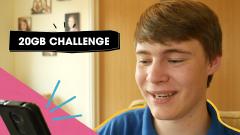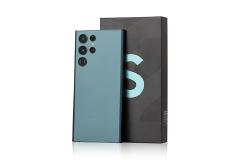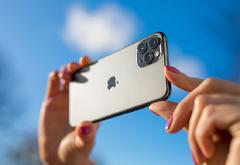Categories
How to digital detox
4 minute read
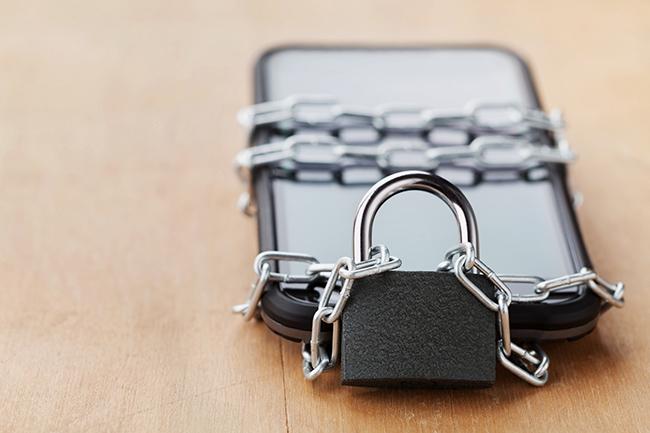
A digital detox is all about cutting down the amount of time you spend using technology and staring at screens.
A digital detox can have many benefits, but in our tech-driven world, it can be tricky to resist the temptation to check Insta or scroll through TikTok. We’re here to give you some handy tips and tricks to help you get started on your own digital detox.
Why should you do a digital detox?
It’s good for your health
Screens emit blue light, and in large quantities, this can be bad for you. Blue light is at the top end of the visible light spectrum, meaning it has very short, high-energy waves.
Blue light falls just before UV light on the electromagnetic spectrum. UV can be harmful in high quantities, but your eyes have a built-in lens which protects you from UV light damage. However, this lens doesn’t protect you against blue light damage.
Limiting the amount of time you spend on your phone and other screens can decrease blue light damage to your eyes. It can also help you get better sleep, particularly if you avoid blue light in the evenings. Improved sleep often means improved mental health too.
It’s better for the environment
Using your digital devices less can have a positive impact on the environment. The more you use your device, the more it needs charging. And, unless you have a solar-powered battery charger, you’ll need to plug your phone in to charge it. This uses electricity and therefore harms the environment. Another great reason for a phone detox.
Tech-free hours
Dedicate some of your day to being completely tech-free. It’s probably best to do this in the evening as it’ll help you wind down before going to sleep as well.
Generally, being tech-free means not having your phone, laptop, or TV on or near you for however long you decide. You can either work your way up to a tech-free evening by adding an extra hour every day or you can dive in headfirst and spend your entire evening tech-free. Alternatively, some people start by going for a short weekend walk without their phone and then building this up.

One screen at a time
The temptation to have the TV on in the background while you work from home or to scroll through social media while streaming a movie is hard to resist, but it could start you on your journey to digital detox.
Using more than one screen at a time diverts your attention, meaning you’re only half concentrating on multiple things, instead of focusing all your concentration on a single thing. Using just one screen at a time should start to have a positive impact on your attention span.
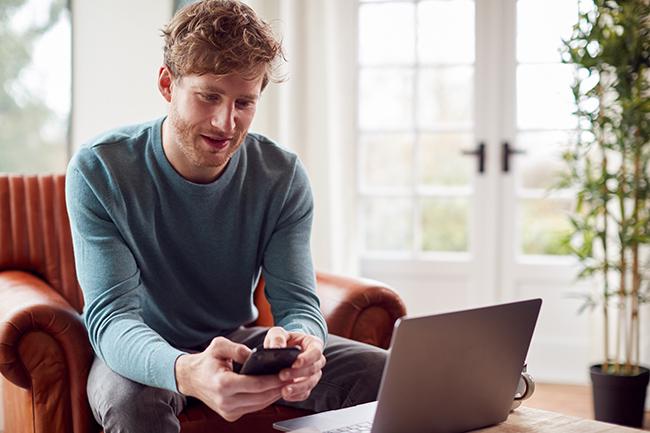
Track your screen time
Another digital detox tip is to use an app to help you track how much time you spend on your phone.
You may not think you spend a lot of time on your phone, but tracking your screen time will probably tell you otherwise. You’ll be able to see how much time you spend on your phone, and what apps you’re using.
Only spending half an hour on social media every few hours may not seem like a lot, but it adds up and you may find that you’ve spent six hours on social media in a single day.
Set limits
Once you’ve figured out which apps you’re spending the most time on, you’ll be able to set screen time limits and restrictions. This is a handy feature within most smartphones.
Setting limits for yourself will help you break the habit of spending so much time on your phone. Depending on how you set your limits, you might be asked if you’re sure you want to open an app, or the app may just not open at all; whichever you think would work best for you.
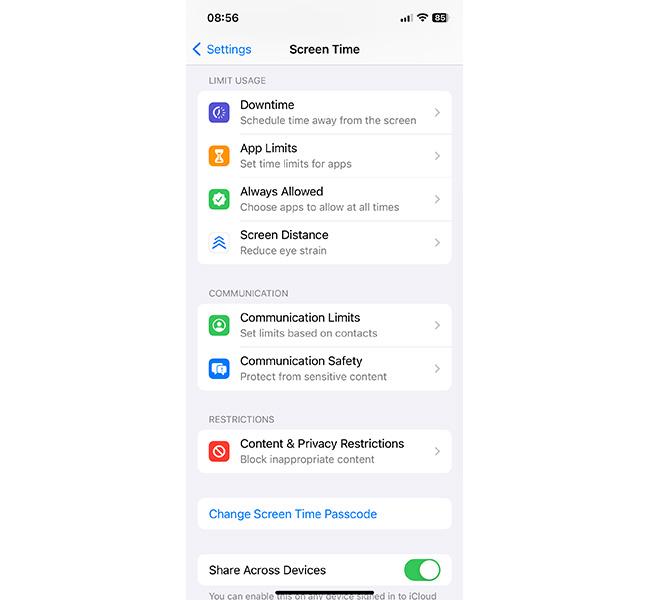
Get a new SIM only deal
If you’re looking for help with your digital detox, why not downgrade your SIM deal?
With less data available to you, you’ll be spending less time on your phone. If you’re on a pay as you go plan, giffgaff offers 1 GB of data for just £6, or 4 GB for £8 if you still need a little more data.
Our monthly rolling plans get you 2 GB and 5 GB of data for £6 and £8 respectively while our 18-month contracts have 6 GB of data available for £8. So, what are you waiting for?

